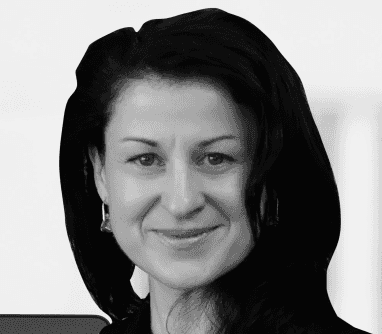As I prepare to kick off a series of Peer Coaching Sessions with senior leaders on the topic of Collaborative Team Leadership, the initial insights into what keeps this successful team awake at night is echoing in what I hear from my own peers and other clients. Namely, how can a team influence sustainable, specific change amid unrelenting uncertainty.
Leaders are not systematically taught how to lead: this is a process that is usually individual, always unique and never prescriptive. For most leaders, they learn from their mentors, their allies, other trail blazing individuals who are succeeding and failing around them – and their peers, the people who really do know what it feels like to navigate similar challenges and thrive in their organisation.
And what does the most recent research say to support how to leverage their peer groups for support? Research by Stanford Business School identified peer coaching supports the four key adaptive responses of vision, understanding, clarity and agility. The sound bites are wide and varied: listen to those on the edges of your organisation; use different criteria for spotting opportunities that others ignore; stop running after what competitors are doing and drill down into what your team excels at; refrain from waiting to speak and instead listen to what is being shared to enable open conversations about what matters to the collective team; commit to your strategy, even if there are unknown elements and inputs, and trust the team’s courage and agility to deal with calculated risk – and uncertainty. As the author Jim Rohn once said, you are the sum total of the five people you spend the most time with and in peer coaching this is so relevant. Interesting resources on this area of peer leadership capabilities are leaders.org and explore the EMCC-affiliated training programs which incorporate guided peer-to-peer coaching sessions.


